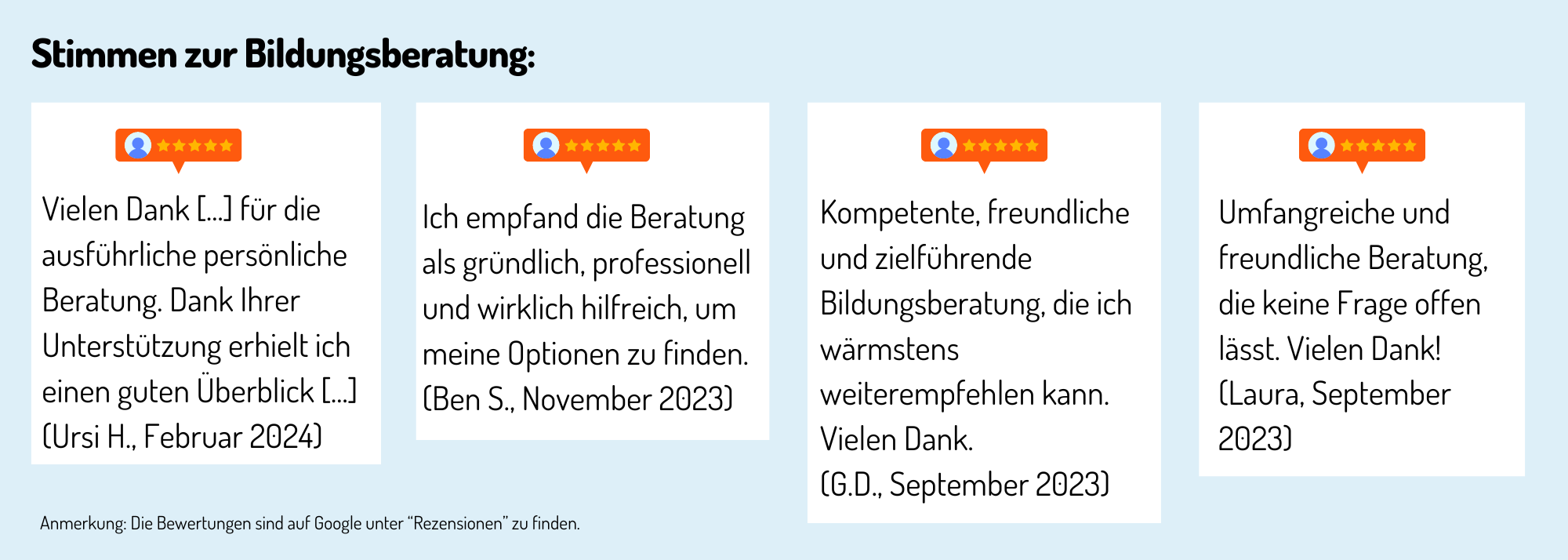Environmental Engineering: Providers, info, questions and answers
Would you like to become an environmental engineer? Are you looking for suitable providers for a degree course in environmental engineering? Here on Ausbildung-Weiterbildung.ch you can quickly and directly find numerous interesting offers in this field.
Environmental engineering - Nature at the center
Is the environment and its use an important issue for you that you would like to support professionally in the future? Are you a person who is connected to nature and wants to fight for an environmentally friendly world? Do you want to promote respect for nature, people and scarce natural resources and work to conserve them? A degree in environmental engineering is obviously the right course for you. Become an environmental engineer and learn the science of nature and its sustainable use. Take a look at the current courses on offer in the natural sciences. Various universities offer this interesting and nature-loving course in environmental engineering.
Within this versatile degree course, you can specialize in various areas. You can currently choose from the following specializations: Environmental Education; Horticulture, Renewable Resources and Renewable Energies, Nature Management, Urban Horticulture. Choose the direction that suits you best. However, you will find the central theme in every field of study: a careful relationship and the careful use of all natural resources. Study environmental engineering at a university and pursue meaningful work in your everyday professional life. The education platform in Switzerland, Ausbildung-Weiterbildung.ch, provides you with numerous educational opportunities. Here you will also find the right contacts where you can request further information.
Questions and answers
Erfahrungen, Bewertungen und Meinungen zur Ausbildung / Weiterbildung
Haven't found the right training or further education yet? Benefit from educational advice now!
Further training is not only important in order to maintain or increase professional attractiveness, investing in training or further training is still the most efficient way to increase the chances of a pay rise.
The Swiss education system offers a wide range of individual training and further education opportunities - depending on your personal level of education, professional experience and educational goals.
Choosing the right educational offer is not easy for many prospective students.
Which training and further education is the right one for my path?
Our education advisory team will guide you through the "education jungle", providing specific input and relevant background information to help you choose the right offer.
Your advantages:
You will receive
- Suggestions for suitable courses, seminars or training programs based on the information you provide in the questionnaire
- An overview of the different levels and types of education
- Information about the Swiss education system
We offer our educational counseling in the following languages on request: French, Italian, English
Register now and concretize your training plans.




